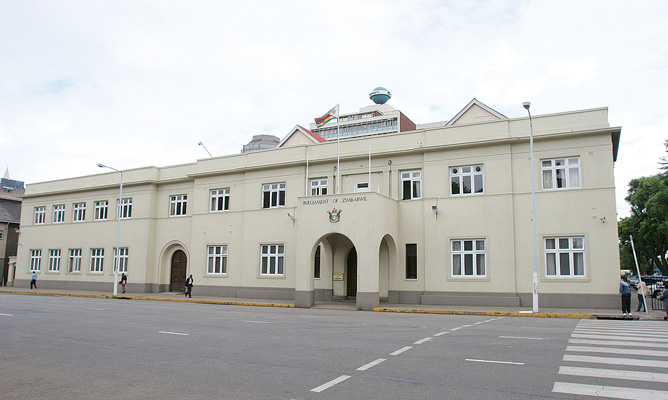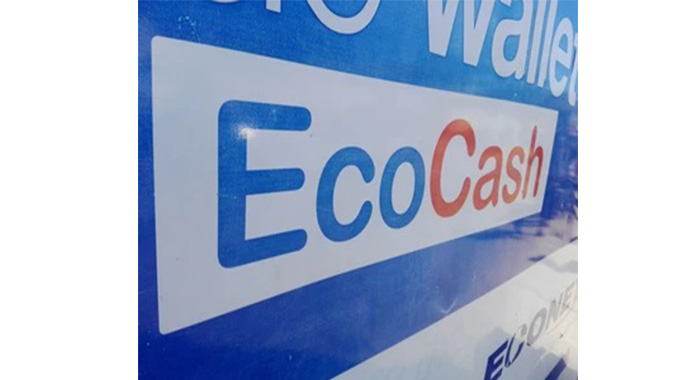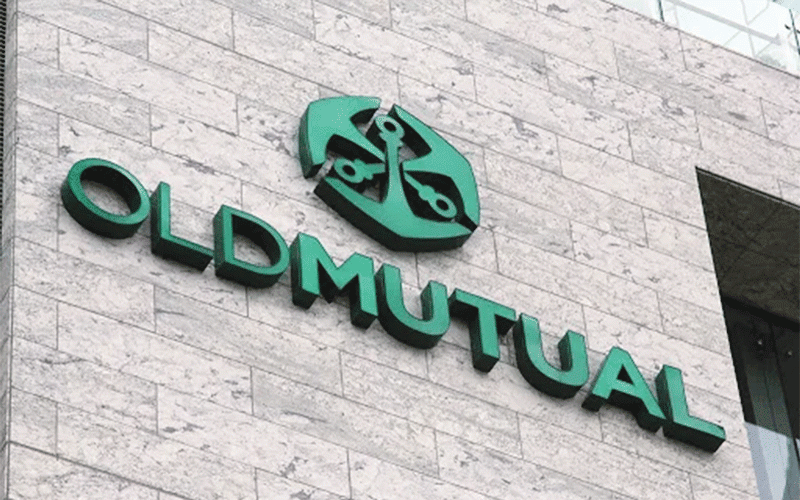
BY VENERANDA LANGA
INSURANCE company representatives yesterday told Parliament that a new commission of inquiry will be needed to ascertain the value of policies between 2016 to date, as they have also been eroded by inflation which is affecting the country.
“You will understand that the United States dollar, which you introduced in 2009, is not of the same value today. If you use the parallel market rates, it will even be lower, and all this points to the effects of inflation from the period 2009 to date,” the secretary-general of Life Assurance Association of Zimbabwe, Mavukeni Rufai, recently told the Felix Mhona-led Budget and Finance Parliamentary Portfolio Committee.
The committee was gathering oral evidence on the recommendations by the Smith Commission, which investigated the prejudices suffered by insurance policy holders in 2008/9, among them loss of pensions when Zimbabwe’s currency converted from the Zimbabwean to the US dollar.
“This then will require us to have another commission of inquiry to look at the value of contributions between 2009 and 2016, because they were also eroded by inflation. As we sit here discussing the erosion of value of insurance schemes and pensions up to the year 2009, today we are facing the same problem because of the hyperinflation affecting the economy.”
Rufai said while policy holders lost value due to hyperinflation, insurance companies also lost value to banks, which were the custodians of the money.
“There is need for a national determination to ascertain the gap, and in other countries, government plays a bigger role in financing the restitution,” he said.
Rufai said while insurance companies had fixed assets like buildings, they were not making money out of them due to low rentals, and the less than 50% occupancy rate.
- Chamisa under fire over US$120K donation
- Mavhunga puts DeMbare into Chibuku quarterfinals
- Pension funds bet on Cabora Bassa oilfields
- Councils defy govt fire tender directive
Keep Reading
Representatives of the Zimbabwe Association of Funeral Assurers (ZAFA) said while they were trying to build a funeral policyholder trust, economic factors were negatively impacting on their businesses, adding that the industry was heavily regulated and could not respond to these pressures.
They said policyholders were failing to cope with the rising costs, resulting in them failing to meet the premiums.
The Justice Smith Commission report had recommended that funeral assurance companies reinstate policies that were terminated during the hyperinflation-era. ZAFA, however, maintained that the premiums were too low.
“The sum assured would have been insignificant because hyperinflation is an abnormal phenomenon. Funeral assurers also lost value as they had cash at banks. Compensation is untenable and is likely to cripple industry than repair anything,” their statement read.
The insurers said there was need for policy and regulatory changes to preserve the value of policies in hyperinflationary scenarios.











